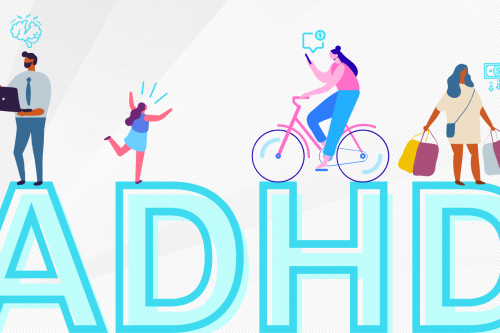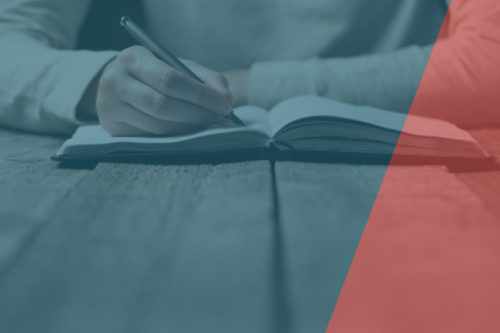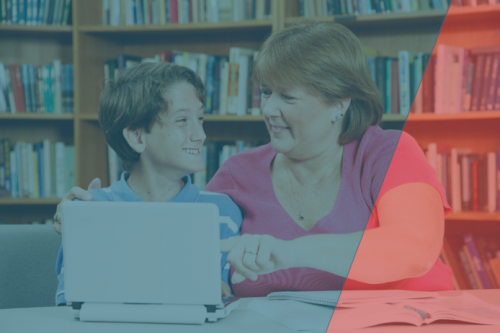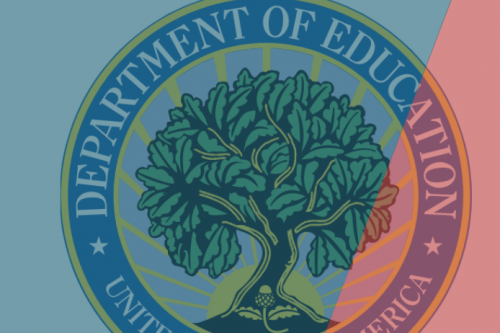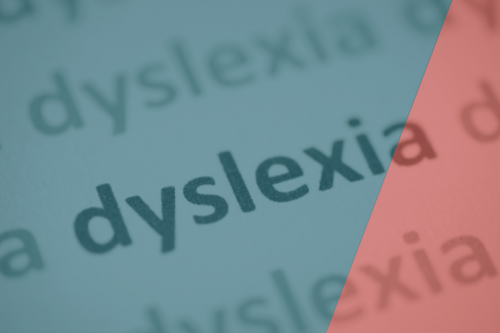Learn how ADHD is identified, the types of ADHD, treatments and accommodations, how ADHD co-occurs with LD, and more.
LD/ADHD Basics
Understanding Dysgraphia, from The International Dyslexia Association
This guide from the International Dyslexia Association breaks down dysgraphia, and provides information on instructional activities and strategies to help individuals with dysgraphia, if dysgraphia occurs alone, and more.
How are Learning Disabilities Diagnosed? National Institute of Health
Last updated: 9/11/2018, National Institute of Health.
Every Student Succeeds Act, Department of Education
The Every Student Succeeds Act (ESSA) was signed in December of 2015 and ESSA amends the Elementary and Secondary Education Act to provide funding to K-12 schools to ensure a quality public education for all students. ESSA authorizes funds for professional development, instructional materials, resources to support educational programs, and for promotion of parental involvement. ESSA replaced the No Child Left Behind Act of 2002.
Dyslexia Basics, from The International Dyslexia Association
This guide covers the definition and effects of dyslexia, and other information such as signs of dyslexia, how dyslexia is diagnosed, and how dyslexia is treated.
- Adult Literacy
- Adult Testing
- Adults
- Adults with Learning Disabilities
- LD/ADHD Basics
- Professional Resources
- Teaching Adults with LD
Adults with Learning Disabilities: A Review of the Literature, National Center for the Study of Adult Learning and Literacy
This study examines how learning disabilities affect adults, which strategies are best for teaching adults with learning disabilities, how to determine that an adult learner has a learning disability, and more.
Screening Adults for Learning Disabilities
What is learning disability (LD) screening? Screening is the first step in the process of gathering relevant information about an individual with a suspected learning disability. Screening does not determine…
The Ins and Outs of Learning Disabilities
Learning disabilities (LD) is a broader term in the United States to describe various types of neurologically-based processing problems. These processing disorders can interfere with learning basic life functioning skills…

